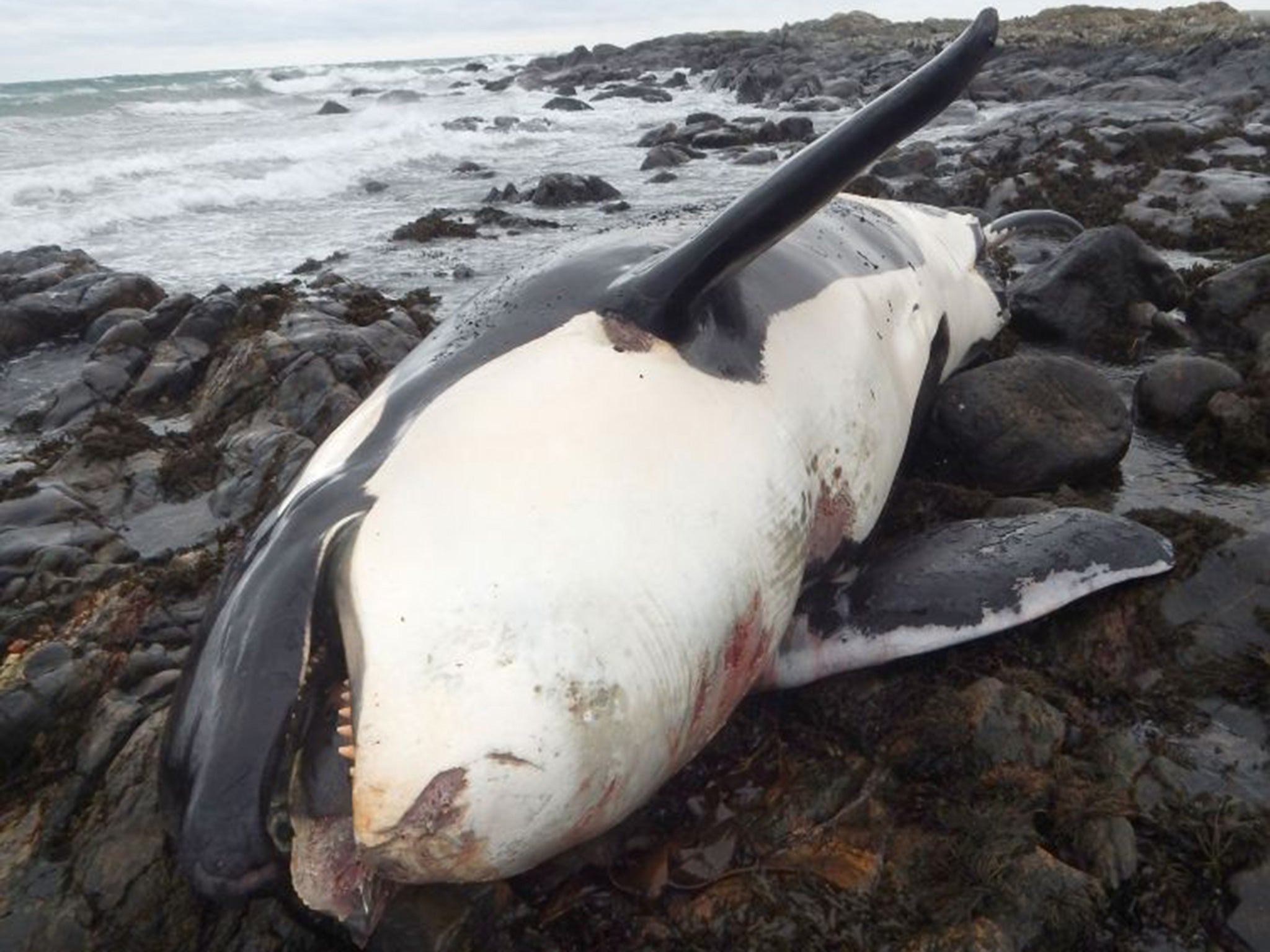UK whales and dolphins 'at risk of extinction due to lingering toxic chemicals'
Experts found killer whales, bottlenose dolphins and striped dolphins had highest concentrations of PCB in their blubber

Your support helps us to tell the story
From reproductive rights to climate change to Big Tech, The Independent is on the ground when the story is developing. Whether it's investigating the financials of Elon Musk's pro-Trump PAC or producing our latest documentary, 'The A Word', which shines a light on the American women fighting for reproductive rights, we know how important it is to parse out the facts from the messaging.
At such a critical moment in US history, we need reporters on the ground. Your donation allows us to keep sending journalists to speak to both sides of the story.
The Independent is trusted by Americans across the entire political spectrum. And unlike many other quality news outlets, we choose not to lock Americans out of our reporting and analysis with paywalls. We believe quality journalism should be available to everyone, paid for by those who can afford it.
Your support makes all the difference.Killer whales and dolphins are facing the threat of extinction in UK waters because of lingering toxic chemicals which were banned more than 30 years ago, researchers have warned.
A study of more than 1,000 whales, dolphins and porpoises across Europe found their blubber contained some of the planet's highest concentrations of a man-made chemical known as PCB.
PCBs - or polychlorinated biphenyls - were previously used to make electrical equipment, flame retardants and paints but were banned in the UK in 1981.
The study's lead author Dr Paul Jepson, from the Zoological Society of London (ZSL), said killer whales and bottlenose dolphins were particularly vulnerable to the pollutant as "top marine predators".
He said: "Our findings show that, despite the ban and initial decline in environmental contamination, PCBs still persist at dangerously high levels in European cetaceans.
"Few coastal orca populations remain in western European waters. Those that do persist are very small and suffering low or zero rates of reproduction.
"The risk of extinction therefore appears high for these discrete and highly contaminated populations. Without further measures, these chemicals will continue to suppress populations of orcas and other dolphin species for many decades to come."
Experts found killer whales, bottlenose dolphins and striped dolphins had the highest concentrations of PCB in their blubber.
High exposure to the chemical is known to weaken their immune systems and markedly reduce breeding success by causing abortions or high mortality in newborn calves, researchers said.
The study, published in the Scientific Reports journal, identified the western Mediterranean Sea and south-west Iberian Peninsula as having the highest concentrations of PCB in Europe.
The report's co-author Robin Law said: "Our research underlines the critical need for global policymakers to act quickly and decisively to tackle the lingering toxic legacy of PCBs, before it's too late for some of our most iconic and important marine predators.
"We also need to better understand the various pathways through which these iconic species are able to accumulate such high PCB concentrations through their diets."
The UK Cetacean Strandings Investigation Programme (CSIP) was set up in 1990 to investigate whales, dolphins and porpoises that strand around the UK coastline, as well as any marine turtles and basking sharks.
PA
Join our commenting forum
Join thought-provoking conversations, follow other Independent readers and see their replies
Comments